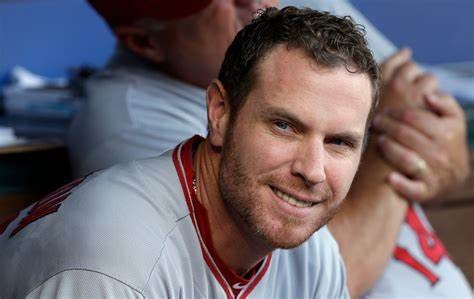I’ve been thinking about Josh Hamilton lately. His name came to me as I was digging deeper into this “Darkside of the Diamond” series, not because of scandal in the typical tabloid sense, but because his story is deeply human. Painfully human.
Hamilton didn’t cheat the game like some do. He didn’t shave points or gamble on outcomes. His failures weren’t …
Keep reading with a 7-day free trial
Subscribe to Baseball Buddha to keep reading this post and get 7 days of free access to the full post archives.



